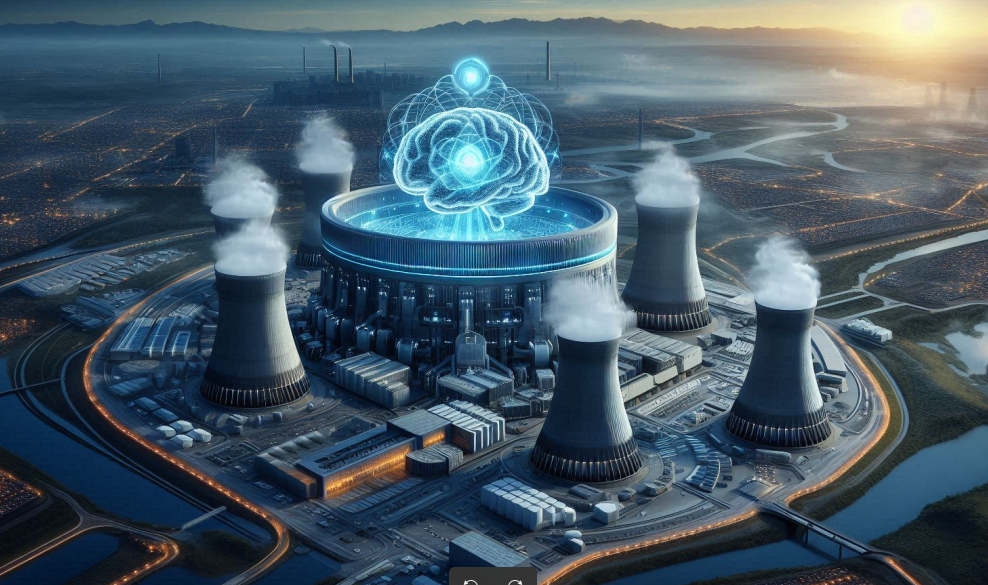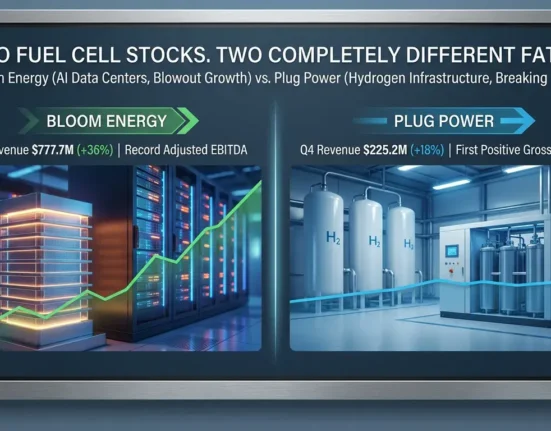Google LLC has signed an agreement to purchase nuclear power from the small modular reactor startup Kairos Power LLC.
The deal should provide about 500 megawatts of carbon-free electricity to power Google’s data center operations in the U.S. Under the agreement announced today, Kairos will supply Google with nuclear energy from a fleet of seven small reactors that are scheduled to come online by around 2030.
The announcement didn’t make it clear if Kairos intends to hook up its reactors to Google’s data centers directly, or if it will simply attach itself to the grid, for Google to claim the carbon-free power in an indirect way.
Kairos is one of a host of nuclear power startups looking to build what are called “small-modular reactors” that use mass production techniques in an effort to reduce the cost and speed up the construction of nuclear energy installations.
It’s a relatively new concept and there are only three SMRs currently online in the world, none of them in the U.S. But proponents say they can be more cost-effective and faster to build than traditional large-scale nuclear reactors, which often come online behind schedule with massive cost overruns. For instance, the newest fission reactors in the U.S. went online in Georgia last year and this year, but they were more than seven years late and cost $17 billion more than planned.
Kairos is trying to go one step further than existing SMRs, using a novel cooling technology for its reactors that relies on molten salts of lithium fluoride and beryllium fluoride instead of traditional water-based cooling. The startup has already secured approval from the U.S. Nuclear Regulatory Commission to build a 35-megawatt demonstration reactor.
The 2030 deadline for Google represents a slight acceleration of Kairos’ plans, as the company previously said it was targeting the “early 2030s” to begin commercial operations.
The contract with Google is undoubtedly a big boost for Kairos, but the startup still faces some challenges, not least the economics of its business model. It will also have to overcome strong public opposition to nuclear power in general. Although 56% of U.S. citizens say they favor using nuclear energy, 44% remain opposed to it, according to data from Pew Research.
Moreover, alternative energy sources such as wind and solar power are still more popular, have already proven themselves and are cheaper to bring online.
Still, big technology companies seem to be convinced that nuclear energy has a promising future. Last month, Microsoft Corp. revealed it’s working with a company called Constellation Energy LLC to restart a previously-shuttered nuclear reactor at Three Mile Island in Pennsylvania, while Amazon.com Inc. said earlier this year it will build a new hyperscale data center in the same state and connect it directly to another nuclear power plant.
Image: SiliconANGLE/Microsoft Designer
Your vote of support is important to us and it helps us keep the content FREE.
One click below supports our mission to provide free, deep, and relevant content.
Join our community on YouTube
Join the community that includes more than 15,000 #CubeAlumni experts, including Amazon.com CEO Andy Jassy, Dell Technologies founder and CEO Michael Dell, Intel CEO Pat Gelsinger, and many more luminaries and experts.
THANK YOU






